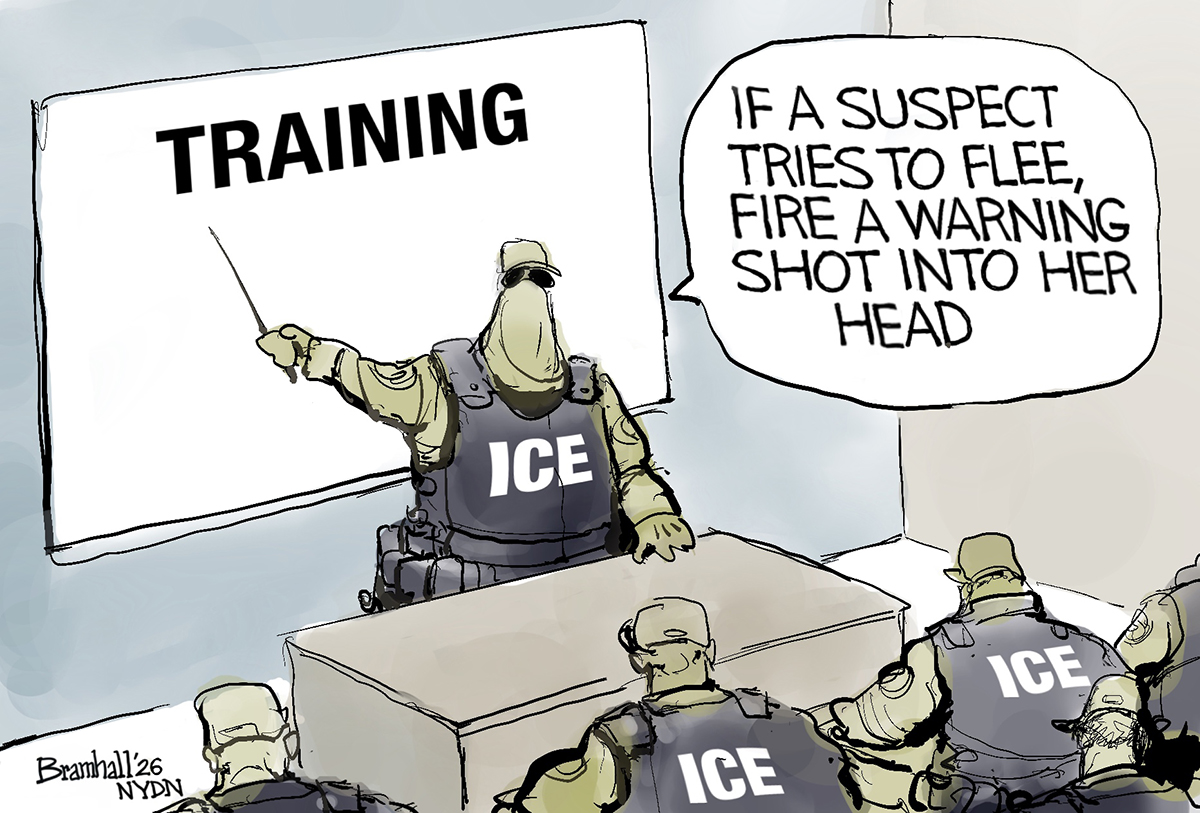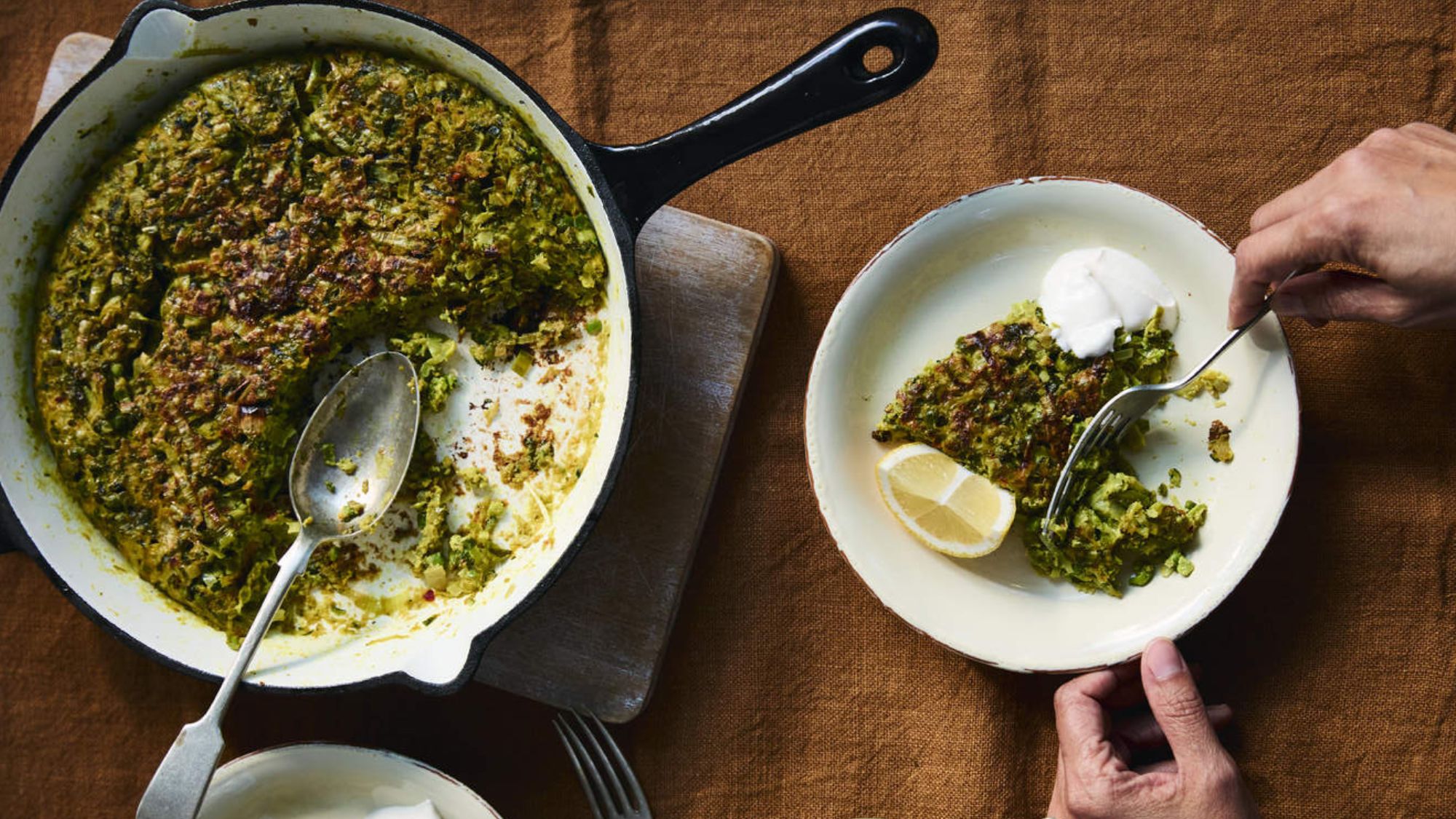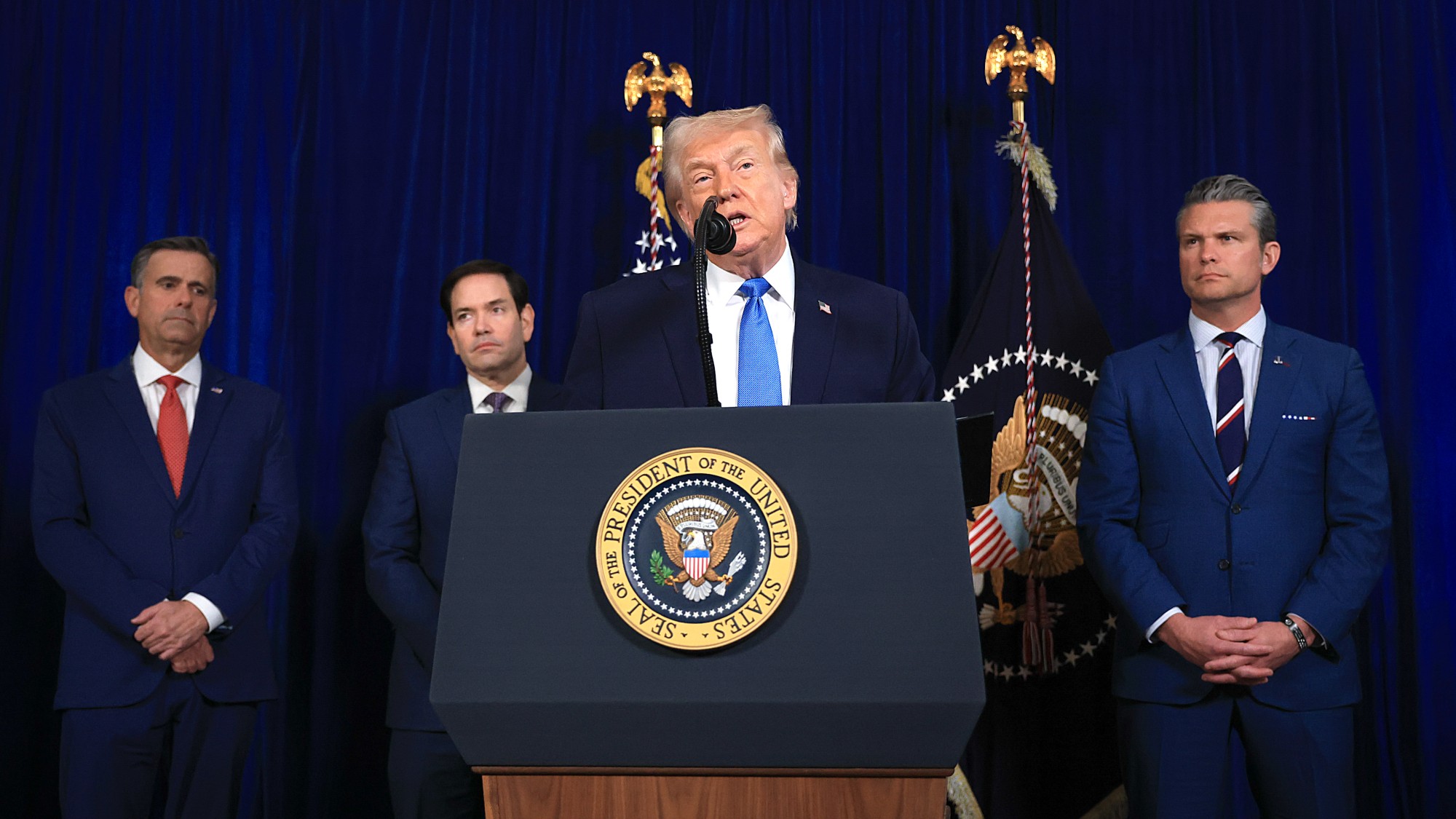The way forward for Democrats is clear. It's also really risky.
Democrats are in big, big trouble


In the wake of Donald Trump's stunning electoral thumping of Hillary Clinton, Democrats seem to have reluctantly moved on from denial, and are currently stewing in anger. Soon enough will come bargaining, then depression. (Okay, lots of Democrats are already mired in that sad stage of political grief.) But with time, acceptance will come. And at that point, Democrats will begin the process of making sense of the political earthquake we've all endured.
When that happens, they will face the sobering fact that their party is in dire straits.
Some will say that things aren't really so bad after all. Clinton seems to have narrowly won the popular vote. The party has now done that in six out of the last seven presidential elections. All it would have taken is a shift of about 110,000 votes distributed across Pennsylvania, Michigan, and Wisconsin to produce a different outcome in the Electoral College.
The Week
Escape your echo chamber. Get the facts behind the news, plus analysis from multiple perspectives.

Sign up for The Week's Free Newsletters
From our morning news briefing to a weekly Good News Newsletter, get the best of The Week delivered directly to your inbox.
From our morning news briefing to a weekly Good News Newsletter, get the best of The Week delivered directly to your inbox.
That might sound comforting. But Vox's Matthew Yglesias is closer to the mark when he describes the Democratic Party as a "smoking pile of rubble."
Clinton lost to a wildly unpopular opponent who ran the most wildly self-subversive campaign in American history — so much so that many analysts quite seriously speculated about whether he was deliberately trying to lose.
But Trump didn't lose. He prevailed — and he did so in a way that broadly expanded the Republican Party's Electoral College reach, in the process overrunning the Democrats' "blue wall" in the Midwest. If this setback were confined to the presidency it would be bad enough. But the Democratic Party now finds itself in the dust at nearly all levels of government. The GOP has an iron grip on the House of Representatives. It also holds a majority in the Senate, where Democrats are going to have a hard time holding their ground in an unfavorable 2018 midterm election. And then there's the strong majority of governorships and state legislatures that Republicans control.
Democrats appear very much like a party in retreat.
A free daily email with the biggest news stories of the day – and the best features from TheWeek.com
The good news for Democrats is that the options for moving forward are relatively clear. The bad news is that whichever way they choose to go is fraught with risk.
Trump made a remarkably successful bid this year to transform the GOP into a populist party, defending the needs, wants, and passions of the dispossessed working class (and those living in constant fear of falling into it) against the country's political, media, and financial establishments, all of which favor one form or another of neoliberal globalism. That places his campaign very much in line with the anti-globalizing trends that are realigning politics throughout the Western world.
How should the Democrats respond? Some are suggesting that the party break openly with neoliberal centrism in economics as well as with the hectoring identity politics of which it has grown so fond over the past decade or so. In their place should go class-based economic populism of the kind Bernie Sanders was advocating in the primaries.
But there's a problem: If the Democrats had gone this way in 2016 by nominating Sanders to run against Trump, there's a good chance that Michael Bloomberg would have run a third-party kamikaze campaign designed to champion centrist neoliberalism and sink both forms of populism. There's no telling how that would have worked out, but it's quite likely the end result would have been the same as what we've ended up with: a Trump victory with the president-elect attempting to consolidate his rebranding of the GOP as the country's populist party.
And therein lies the Democrats' dilemma: The party's electoral coalition may be too fragile to withstand the kind of populist rebranding Trump is attempting. Just as Lyndon Johnson's transformation of the Democratic Party into a champion of black civil rights led to a mass exodus of white Southerners who eventually joined the Republican Party (after a brief experiment in supporting the independent candidacy of George Wallace), so turning the Democratic Party into an explicitly left-wing populist party would run the considerable risk of inspiring the defection of voters who benefit from neoliberal policies.
Then there's the added complication that a two-party political system like ours is highly unlikely to end up with both parties embracing a populist message. It's far more probable that one of the parties will go down that road, leaving the other to defend the more globalist, neoliberal, and libertarian message.
A final peculiarity: Trump's brand of populism is an odd hybrid. It takes aim at elite privileges when it excoriates free trade, promises tariffs, rails against open borders, and flirts with setting industrial policy. But Trump has combined these classically populist positions with promises of steep tax and regulatory cuts for wealthy individuals and businesses. It's the latter cluster of proposals that helped, just barely, to keep the Reaganite Republican coalition together through the very bumpy ride of the past ten months.
This means that whichever way the Democratic Party moves, it faces perilous choices. If it shifts in a more populist direction, it will need to do so boldly enough to inspire a large chunk of Trump's populist support to defect from the Republicans and compensate for the defection of many of the party's own elite supporters to the GOP or a third party. If, on the other hand, the Democrats cede populism to the Republicans, they will need to do that boldly enough to attract upper-class Republicans fed up with Trumpian restrictions on business and labor markets, while accepting that even more working-class and middle-class members of its coalition may well bolt to the GOP in response.
All of this assumes, of course, that President Donald Trump doesn't make such a wreck of things through rank incompetence that the Democrats merely need to show up four years from now in order to reap the benefits. With Trump, that is certainly possible, perhaps even likely.
But it's also the case that the Republican Party now has a jump start on remaking itself into America's populist party. That should terrify Democrats. For more reasons than one.
Damon Linker is a senior correspondent at TheWeek.com. He is also a former contributing editor at The New Republic and the author of The Theocons and The Religious Test.
-
 Political cartoons for January 10
Political cartoons for January 10Cartoons Saturday’s political cartoons include a warning shot, a shakedown, and more
-
 Courgette and leek ijeh (Arabic frittata) recipe
Courgette and leek ijeh (Arabic frittata) recipeThe Week Recommends Soft leeks, tender courgette, and fragrant spices make a crisp frittata
-
 Trump’s power grab: the start of a new world order?
Trump’s power grab: the start of a new world order?Talking Point Following the capture of Nicolás Maduro, the US president has shown that arguably power, not ‘international law’, is the ultimate guarantor of security
-
 The billionaires’ wealth tax: a catastrophe for California?
The billionaires’ wealth tax: a catastrophe for California?Talking Point Peter Thiel and Larry Page preparing to change state residency
-
 Bari Weiss’ ‘60 Minutes’ scandal is about more than one report
Bari Weiss’ ‘60 Minutes’ scandal is about more than one reportIN THE SPOTLIGHT By blocking an approved segment on a controversial prison holding US deportees in El Salvador, the editor-in-chief of CBS News has become the main story
-
 Has Zohran Mamdani shown the Democrats how to win again?
Has Zohran Mamdani shown the Democrats how to win again?Today’s Big Question New York City mayoral election touted as victory for left-wing populists but moderate centrist wins elsewhere present more complex path for Democratic Party
-
 Millions turn out for anti-Trump ‘No Kings’ rallies
Millions turn out for anti-Trump ‘No Kings’ ralliesSpeed Read An estimated 7 million people participated, 2 million more than at the first ‘No Kings’ protest in June
-
 Ghislaine Maxwell: angling for a Trump pardon
Ghislaine Maxwell: angling for a Trump pardonTalking Point Convicted sex trafficker's testimony could shed new light on president's links to Jeffrey Epstein
-
 The last words and final moments of 40 presidents
The last words and final moments of 40 presidentsThe Explainer Some are eloquent quotes worthy of the holders of the highest office in the nation, and others... aren't
-
 The JFK files: the truth at last?
The JFK files: the truth at last?In The Spotlight More than 64,000 previously classified documents relating the 1963 assassination of John F. Kennedy have been released by the Trump administration
-
 'Seriously, not literally': how should the world take Donald Trump?
'Seriously, not literally': how should the world take Donald Trump?Today's big question White House rhetoric and reality look likely to become increasingly blurred
